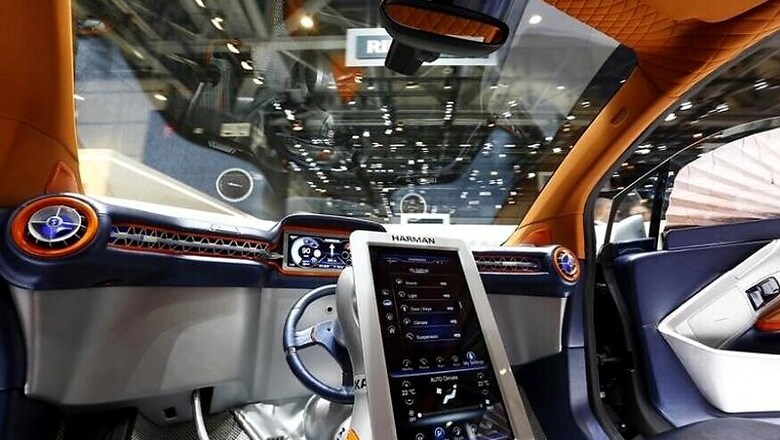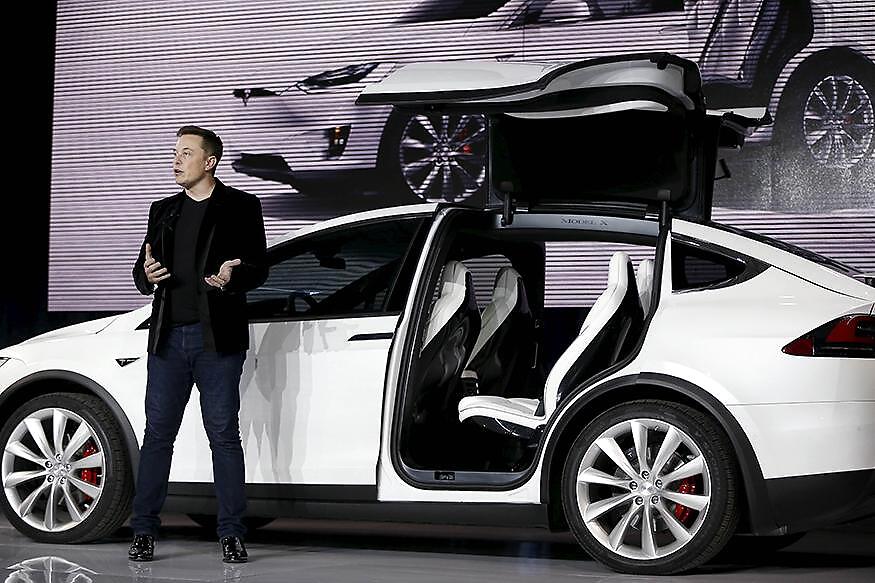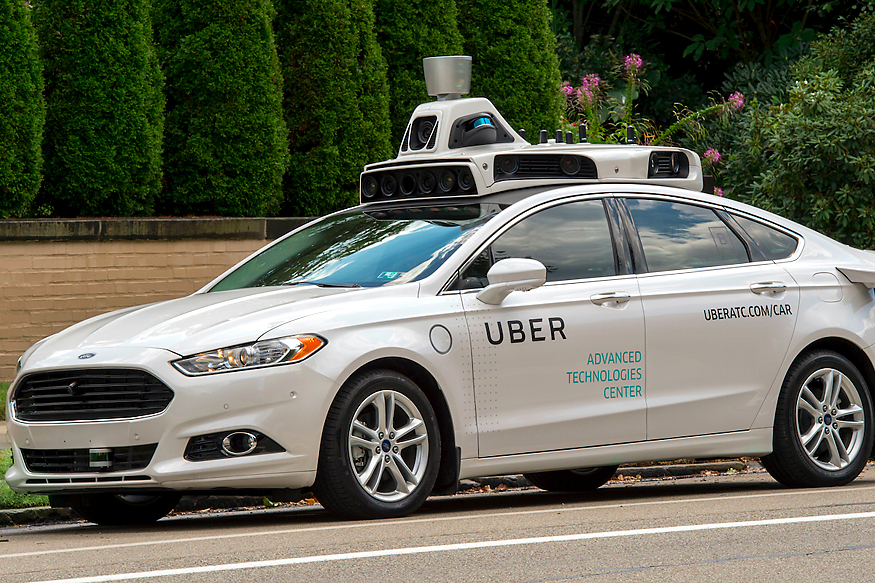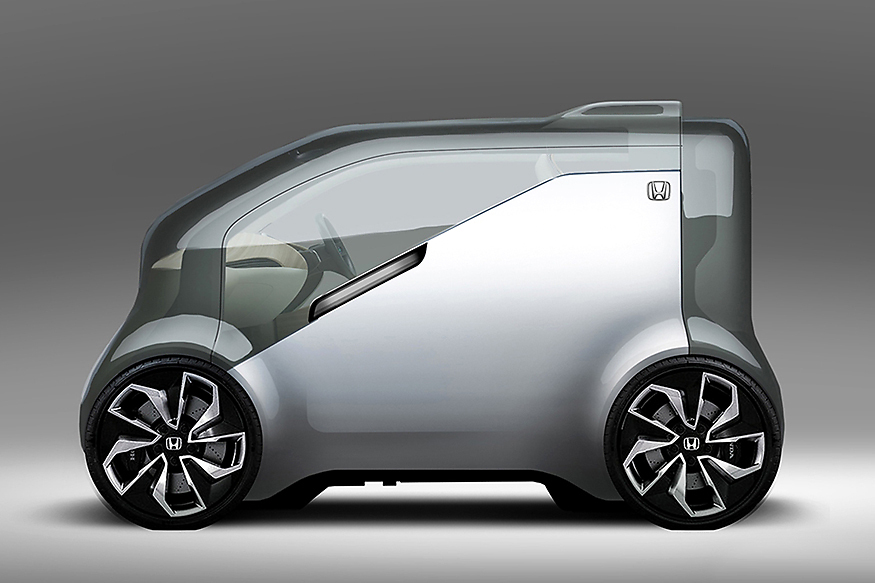
views
The year 2016 saw top automakers talk about and invest in cars that do not require human input. So, is this an indication to a future with cars without drivers?
Auto shows around the world were used to be about automakers showcasing their flagship products, with talks of fastest times around the Nürburgring or about fuel economy when it comes to mass selling cars.
But this year, focus lied on self driving technology. The new race and rage is about who comes up with an impeccable system that can be used our daily lives. Who will be the first to crack the car and driver conundrum?Tesla's Advancement
Tesla, for example has been making news with their efforts to create all-electric vehicles. Now, the brand is working hard to stomp their authority in the 'self-driving segment'.
The idea is not all just on paper, on November 9 Tesla Motors CEO Elon Musk shared a time-lapse video which emphasised on the finesse of Tesla’s self-driving hardware fitted in their cars.

And it was an elaborate driving scene in the video, with turns and twists and traffic. So, there is concrete effort being put in the field and we may see self-driving cars in our near future.
Watch video here: Tesla Shows Off Its Self-Driving Hardware
The car company had already announced back in October that all of its future cars would come with an upgraded version of Autopilot which would enable virtually full autonomous driving.Legal Hurdles
But there are some hurdles to it, beginning from legal issues. Tech and auto geeks have been waiting for such a thing to happen, however driverless cars could sound scary to some, for obvious reasons.
An autonomous car lobbying group, made up of Google, Ford, volvo, Uber and Lyft, recently urged the National Highway Traffic Safety Administration in the US to put in place a national framework of rules for self-driving vehicles, and discourage inconsistent laws and regulations that will stifle this emerging industry. Read more hereUber's Efforts
Uber, world's largest ride-hailing company, is taking removal of human input quite seriously too.

BMW is planning to build a fleet of about 40 vehicles with self-driving functions in Munich's inner city and then expand the project to other cities.

For its upcoming appearance at January's CES in Las Vegas, Honda will be bringing the NeuV, a new concept plug-in electric concept car that will use AI to autonomously ferry commuters to their destination while, in the company's words, creating "new possibilities for human interaction and new value for customers."
The appeal of cars and other vehicles that can learn as they travel rather than constantly needing to be told what to do, opens up a host of opportunities whether it's in the field of private vehicle ownership or in the commercial sector -- delivering goods or providing services. Read more hereAudi and Mercedes Benz
Audi, attending the CES for the first time, are demonstrating a prototype based on Q2 compact SUV which is capable of navigating and negotiating itself in a parking space. Self-parking cars, in fact, are already available in the market.
Artificial Intelligence was also the topic of Mercedes-Benz's annual Future Talk in Berlin this year where scientists, automotive executives and neuro-engineering experts debated AI's advantages and moral implications for the car of tomorrow.
Mercedes is already heavily invested in AI, particularly in the field of autonomous driving where a car's ability to automatically recognize objects and situations and take suitable action will be crucial.
All in all, this is not a time-machine sort of a concept that would remain work-in-progress for all our lives. It's a project very much under consideration, under construction and inching towards reality by the day.
However, in the light of realism, we could expect near-universal adoption of self-driving cars would perhaps take decades. Moody's Investors Service warns about the threat this industry would pose to auto insurance companies.
For comparison, a report by the institution forecasts that fully autonomous or driverless cars could be a common option on vehicles in the United States by about 2030 and is likely to be standard on all new vehicles sold by around 2035.
So, there's a concrete possibility on the cards, but we just hope that the traditional engine does not die out completely. A futuristic world with self-driving cars is a tempting vision, but we would dearly miss the traditional car that gives us many, many memories to live with.


















Comments
0 comment